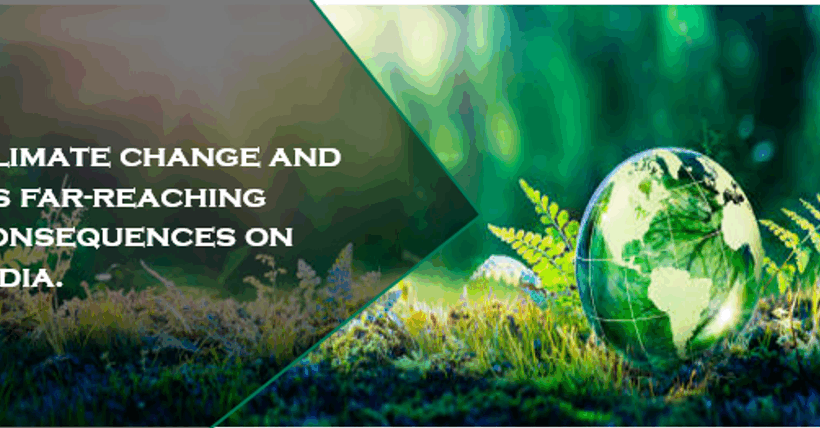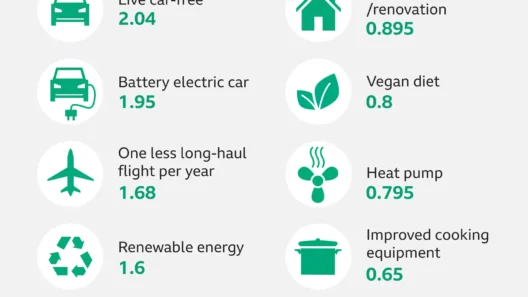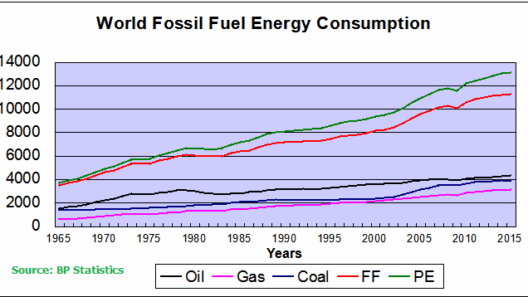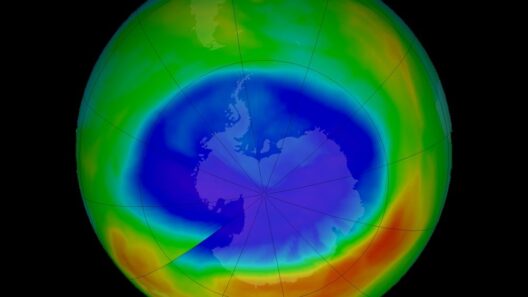Global warming represents one of the most pressing challenges of our time, eliciting a myriad of complex repercussions that extend well beyond the realm of environmental degradation. The steady rise in global temperatures, primarily due to anthropogenic activities such as fossil fuel combustion and deforestation, threatens the fabric of ecosystems and human societies. Understanding the far-reaching consequences of climate change requires a meticulous examination of its multifaceted dimensions. This exploration will uncover the implications of global warming for biodiversity, agriculture, human health, economic stability, and geopolitical relations.
One of the most alarming consequences of a warming planet is its impact on biodiversity. Ecosystems around the globe are undergoing profound changes as species strive to adapt to shifting climatic conditions. Some species are retreating to cooler regions, while others are experiencing habitat loss and declining population numbers. Coral reefs, for example, are severely threatened by increasing sea temperatures and ocean acidification, leading to widespread coral bleaching events. These vibrant ecosystems are not only crucial for marine biodiversity but also serve as pivotal resources for millions of people who rely on fishing and tourism for their livelihoods.
Moreover, the loss of biodiversity has cascading effects on ecosystem services that humans depend upon, such as pollination, water purification, and carbon sequestration. The alteration of natural habitats can diminish ecosystem resilience, making it increasingly difficult for them to recover from disturbances. This deterioration not only endangers species but undermines the stability of food systems, livelihoods, and cultural heritage.
In the realm of agriculture, the repercussions of climate change are profound. The rise in global temperatures disrupts traditional weather patterns, leading to increased frequency and severity of droughts, floods, and extreme weather events. These fluctuations threaten agricultural productivity, making food systems more vulnerable. Crop yields for staple foods such as wheat, rice, and maize are projected to decline as conditions become more inhospitable. Furthermore, changing climate zones may render certain areas unsuitable for agriculture, necessitating the migration of farming communities and contributing to socio-economic instability.
As agricultural productivity wanes, food security becomes a pressing concern. Populations that are already marginalized or living in poverty are disproportionately affected by rising food prices and decreased availability of resources. A more volatile climate exacerbates these inequities, leading to increased malnutrition and hunger. This cyclical nature of climate change and food insecurity further amplifies the urgency for systemic changes in agricultural practices and policy interventions that promote sustainable farming methods.
Human health emerges as another critical arena plagued by the consequences of climate change. Rising temperatures and extreme weather events pose direct threats to human well-being. Heatwaves, for instance, are becoming more frequent and intense, resulting in increased cases of heat-related illnesses and fatalities. Additionally, changes in climate influence the spread of vector-borne diseases such as malaria and dengue fever, as mosquitoes and other carriers expand their ranges into previously unaffected territories.
Moreover, air quality is deteriorating due to climate-related factors such as wildfires and increased ground-level ozone formation. Poor air quality exacerbates respiratory diseases and cardiovascular conditions, placing an additional burden on healthcare systems. Vulnerable populations, including children, the elderly, and individuals with pre-existing health conditions, are particularly at risk. The interconnectedness of climate change and public health necessitates a comprehensive approach that prioritizes both environmental sustainability and health equity.
Economic stability is intricately linked to the impacts of climate change. The increasing frequency of natural disasters, ranging from hurricanes to wildfires, incurs significant costs for communities, governments, and economies. Infrastructure damage, loss of productivity, and the need for disaster response and recovery efforts strain financial resources and divert attention from long-term development goals. Additionally, industries such as agriculture, fisheries, and tourism face heightened vulnerabilities due to shifting climatic conditions, prompting businesses and economies to adapt swiftly or face obsolescence.
As the effects of climate change ripple across national borders, geopolitical relations are also being reshaped. Scarcity of resources such as water and arable land can fuel tensions between nations, particularly in regions where competition for these essentials is fierce. Climate-induced displacement of populations, often referred to as climate refugees, adds another layer of complexity to international relations. Countries may grapple with the influx of refugees seeking safety and stability, necessitating cooperative frameworks and shared solutions for a collective response to climate challenges.
In conclusion, the far-reaching consequences of climate change are vast and interconnected. From biodiversity loss to agricultural challenges, human health threats, economic ramifications, and geopolitical shifts, the warming world necessitates urgent action and collective responsibility. The myriad of impacts underscores the importance of adopting a holistic approach that integrates environmental stewardship with social equity and economic resilience. Sustainable practices, innovative technologies, and collaborative policies must become the cornerstone of our efforts to mitigate the effects of climate change and work toward a more equitable and sustainable future for all.








